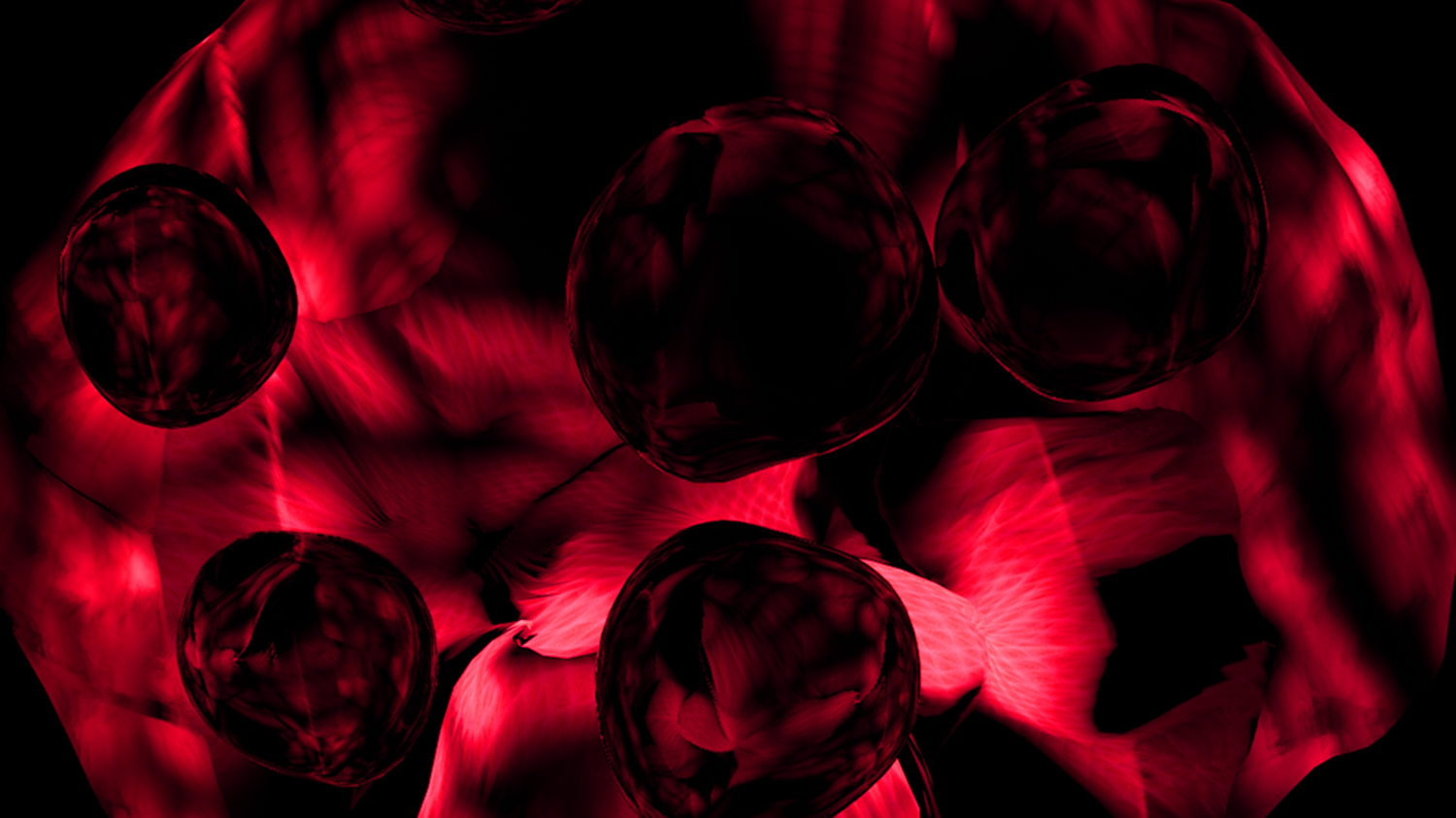Tuesday, 2 June 2020, 7.30 pm, online
– PLEASE NOTE: The workshop is now fully booked. –
Workshop with
Luiza Prado | Dorine van Meel
In this first session of the Plural Wombs Research Group, Luiza Prado introduces the work of the environmentalist, indigenous rights activist and writer Ailton Krenak and discusses its relevance to her own practice. Ailton Krenak is a member of the Krenak first peoples of the Rio Doce Valley, Brazil – a place profoundly affected by mining and other extractive activities. For over 30 years he has dedicated his work to examining questions related to coloniality, indigenous identities, and anti-capitalist struggle. In this session we will discuss excerpts of his 2019 book Ideas to Postpone the End of the World, where he offers a critique of the Western ontological separation between nature and humanity.
Plural Wombs Research Group | #1 Luiza Prado reads Ailton Krenak from Dorine van Meel.
Luiza Prado is a Brazilian artist based in Berlin whose work engages with material and visual culture through the lenses of decolonial and queer theories. In her doctoral dissertation, she examined technologies and practices of birth control and their entanglements with colonial hierarchies of gender, race, ethnicity, class, and nationality, offering the idea of ‘technoecologies of birth control’ as a framework for observing and intervening in biopolitical articulations emerging around practices of birth control.

Plural Wombs is a collaborative project that brings together a number of cultural practitioners, theorists and activists working on the subjects of social reproduction, reproductive justice, and the political dimension of parenthood. In confronting these subjects, we are committed to a multi- gendered feminist approach and the exploration of different possibilities of familial relations beyond their bourgeois, patriarchal and heteronormative forms.
In light of the current crisis, we believe that it has become only more urgent to explore what a commitment to polymaternal kinship might look like today and how the experimentation with such forms of kinship could make different structures of support and care possible. We have therefore rethought the project under the present conditions and changed its form to an open research group organised around online meetings where participants each time discuss and work through one text of a relevant thinker. These sessions will be led by invited artists and theorists engaging with these themes and texts in their practices.
Plural Wombs is initiated by the artist Dorine van Meel and has been made possible through additional financial support from the Mondriaan Stichting. The Plural Wombs Research Group is organised in collaboration within diffrakt’s reading group programme as well as Kunstfort Vijfhuizen.
Dorine van Meel is an artist based between Berlin and Amsterdam. Her practice unfolds in collaborative and discursive projects that may result in moving image installations and performances. By researching the work of feminist, queer, and decolonial thinkers she enquires into the operating modes of power structures and strives at developing a set of artistic tools to deconstruct existing patterns of thought and behavior as well as challenge their common acceptance.
